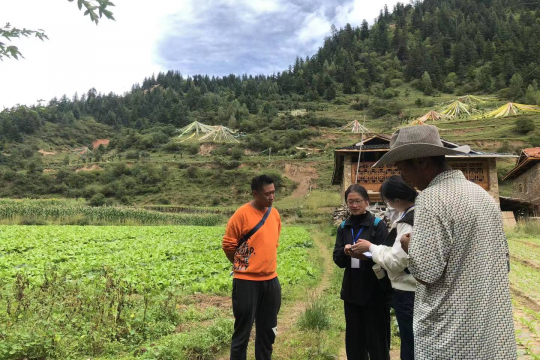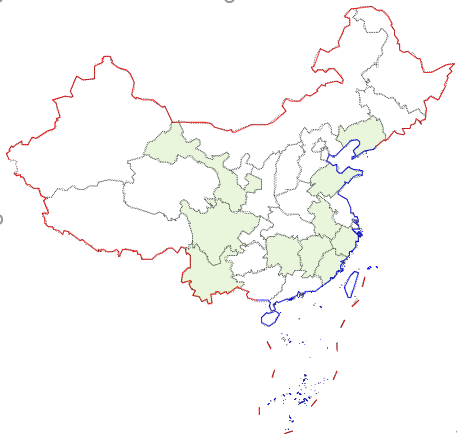EfD China has conducted a field study involving over 1,500 households and hundreds of stakeholders to evaluate the effects of the Collective Forest Tenure Reform. The purpose is to provide China’s central government with information on the policy impact and suggestions for further reforms.
China has carried out a nationwide tenure reform in collective forest areas starting in 2003. The purpose of this reform is to clarify the ownership of forestland, issue forest rights certificates to farmers, and encourage diversified forest management. The ultimate goal is forest sustainability.
Wants comprehensive assessment
After almost twenty years, the central government wants to understand the long-term policy impacts, collect opinions and suggestions from local people, and continue the reform progress for China’s forestry development. The National Forestry and Grassland Administration decided to make a comprehensive assessment and to submit a detailed report to the central government. Thus, EfD China, Environmental Economics Program in China (EEPC), was invited to participate in the work and contracted for the basic data collection.
From late August to early September, the EEPC conducted a round of large-scale field surveys on the Collective Forest Tenure Reform. This survey covered ten representative provinces in the southeast (Fujian, Jiangxi, Zhejiang), the southwest (Yunnan and Sichuan), the northwest (Gansu), the north (Liaoning and Shandong), and central China (Anhui and Hunan).
Picture 1:Geographical distribution of ten provinces of the third-round field survey
Timespan of 20 years
This is a follow-up survey based on two previous rounds of field surveys, which is also conducted by EEPC in 2007-2008 and 2011-2013. Therefore, with the existing data, the data collected this time will form a panel data set of four or five periods and spanning up to twenty years. This is unprecedented in the field of forestry economics study in China.
130 qualified interviewers
“Due to the limited time available for the field trips and the difficulty of travel during the pandemic, we coordinated and closely cooperated with one local agricultural and forestry colleges in each of the ten provinces. This may be the largest forestry survey ever completed in China in the shortest time”, says Jintao XU (Director of EfD China).
After a thorough online training session, there were 130 undergraduate and graduate students in total who become qualified interviewers. Equipped with a Computer-Assisted Personal Interview (CAPI) system, they went to randomly selected villages with various natural scenery and social conventions, and the survey was completed successfully and fruitful. The questionnaire covers the respondents’ social, economic and demographic characteristics, production and consumption, land-use practices and land rights, forest management activities and uses rights, asset changes, social capital and relationships, as well as information on participation in the tenure reform.
Report will be sent to central government
Eventually, 1544 households were successfully tracked. Meanwhile, 164 village leaders, 129 county leaders, 32 forestry bureaus, and 254 forestry entities were investigated.
Based on the data collected from this survey, EfD China is currently writing the report. This report will be delivered to the National Forestry and Grassland Administration, and then become a part of central policy documents.
By: Hang YIN















